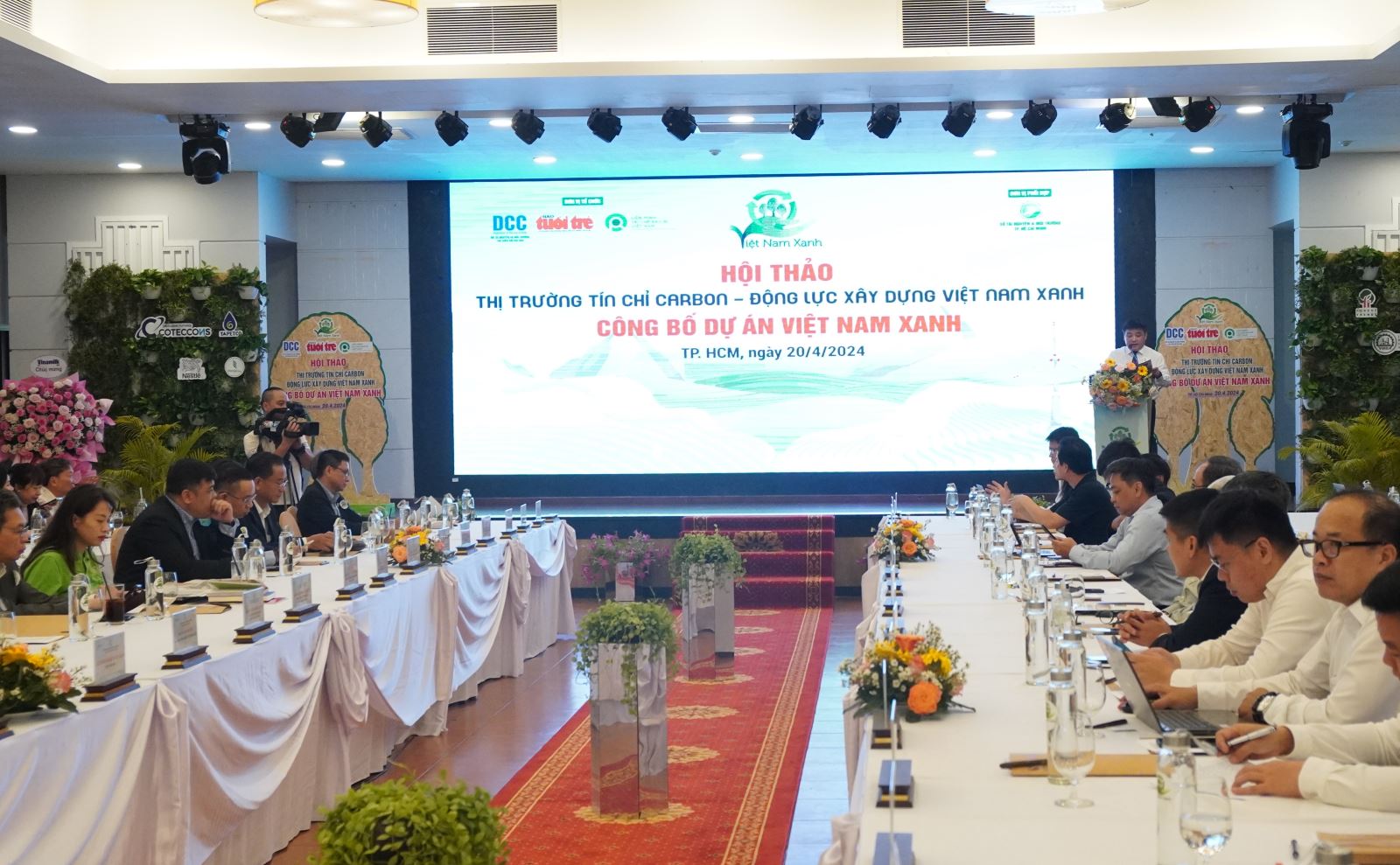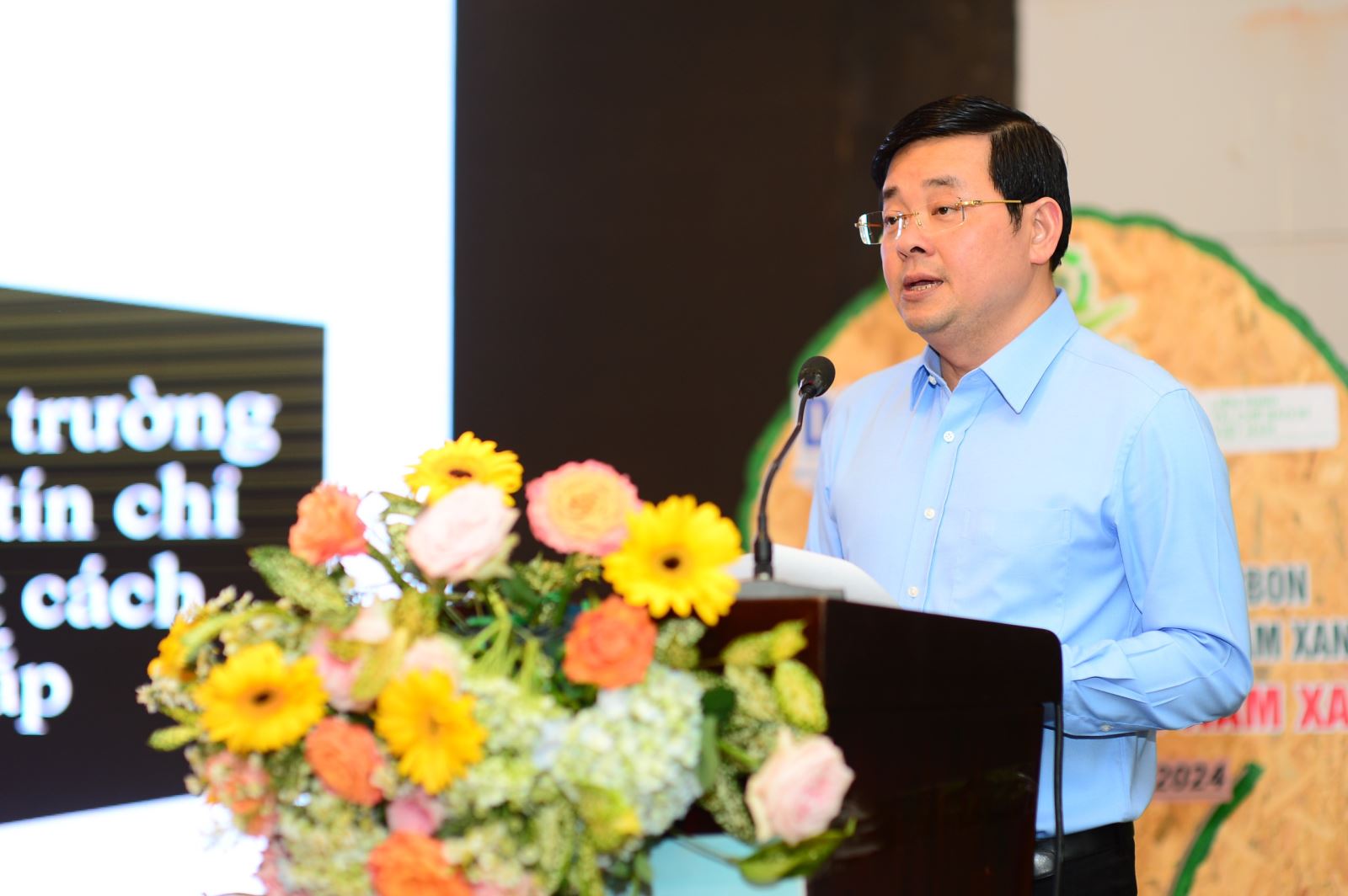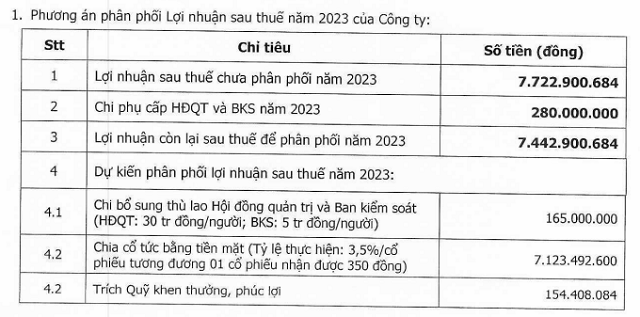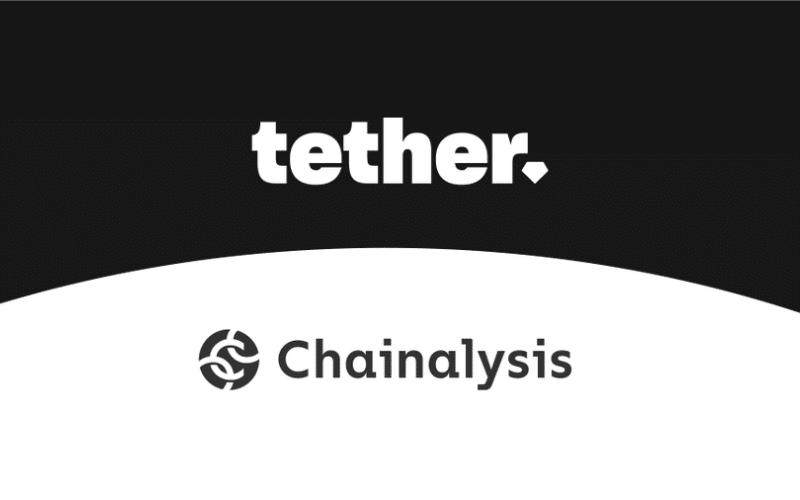
On April 20th, the morning of, Tuoi Tre Newspaper in collaboration with the Ministry of Natural Resources and Environment, and relevant stakeholders organized a workshop entitled: “Carbon Credit Market – Motivation for Building a Green Vietnam” with the aim of identifying solutions for developing the carbon market in Vietnam.
First Locality to Pilot the Program
During an exchange on the topic of reducing greenhouse gas emissions in line with the carbon credit exchange and offset mechanism, Mr. Nguyen Toan Thang, Director of Ho Chi Minh City’s Department of Natural Resources and Environment, asserted that the Department has proactively outlined a series of objectives in order to realize the Prime Minister’s commitment at COP 26 to reduce Vietnam’s net greenhouse gas emissions to zero by 2050.
On a separate note, in order to effectively carry out the climate change response program, reduce greenhouse gas emissions in general, and fulfill the Prime Minister’s commitment, the National Assembly has issued Resolution 98 on piloting a number of special mechanisms and policies for developing Ho Chi Minh City. In line with this resolution, Ho Chi Minh City has been chosen to act as the first locality to pilot the carbon credit exchange and offset mechanism. Specifically, Ho Chi Minh City will also implement potential projects that generate credits, such as: upgrading street lighting to LED lights; installing solar power systems on the roofs of public and private buildings in the area; and equipping additional energy-saving devices in buildings identified as public and private assets, among others.
Mr. Nguyen Toan Thang stated that proposing the selection of pilot projects for the financial mechanism to implement greenhouse gas emission reduction measures in accordance with the carbon credit exchange and offset mechanisms, as well as implementing carbon credit trading activities in the City, presents numerous opportunities. Of particular note is that carbon credit trading will attract domestic and foreign investors to green projects in Ho Chi Minh City, while simultaneously creating jobs and stimulating economic development. Furthermore, Ho Chi Minh City boasts significant potential for developing the carbon credit market due to the presence of numerous enterprises that emit greenhouse gases and the demand for emission reductions.

Mr. Nguyen Toan Thang, Director of Ho Chi Minh City’s Department of Natural Resources and Environment, delivering a speech at the workshop.
“Piloting the carbon credit market demonstrates Ho Chi Minh City’s commitment to responding to climate change; while simultaneously reducing the impact of climate change on the lives of local residents in particular, as well as the wider community in general. In 2024, the Department will collaborate with the Department of Finance to finalize the Pilot Project on Financial Mechanisms for Implementing Greenhouse Gas Emission Reduction Measures in accordance with the carbon credit exchange and offset mechanisms, and submit it to the City People’s Committee for approval; at the same time, it will coordinate with the Ministry of Industry and Trade, the Ministry of Transport, the Ministry of Agriculture and Rural Development, and the Ministry of Natural Resources and Environment to determine the proportion of emission reductions and greenhouse gas absorption in the City for the purpose of reducing national greenhouse gas emissions prior to carbon credit transactions,” Mr. Nguyen Toan Thang further elaborated.
According to economic experts, although there are many advantages, Ho Chi Minh City still faces numerous challenges that need to be addressed during the pilot phase of the carbon credit exchange and offset mechanism. Specifically, the legal framework for calculating, evaluating, and assessing carbon credits is incomplete, and there is currently no environment for widespread carbon credit trading. In particular, the majority of the content involved in the process of creating, calculating the price of carbon, and selling carbon credits is dependent on foreign organizations.
In order to overcome the aforementioned challenges, Mr. Nguyen Toan Thang believes that Ho Chi Minh City requires guidance from the Ministry of Natural Resources and Environment, the Ministry of Finance, and specialized Ministries in order to address the challenges outlined above. In addition, it is necessary to enhance training and instruction for enterprises, organizations, and civil servants on the carbon credit market; as well as to strengthen cooperation with experienced countries and international organizations in order to effectively implement the carbon credit market.
Enterprises Need to Take a More Proactive Approach
Regarding the price of carbon credits, Mr. Nguyen Van Minh, Head of the Climate Change Information and Economics Division, Climate Change Department (Ministry of Natural Resources and Environment), stated that the current price of carbon credits in various countries varies considerably, with some countries selling carbon credits for as low as 1 USD per ton, while others sell them for as high as 140 USD per ton.
The carbon market in Vietnam is currently regulated in accordance with the provisions of the Environmental Protection Law, and is being implemented in two phases: The first phase, lasting until the end of 2027, involves the development of regulations for carbon credit management, carbon credit and emission quota trading activities, and the establishment of operating rules for a carbon credit exchange. This phase will also involve piloting the carbon credit exchange and offset mechanism in potential sectors, as well as providing guidance on the implementation of the carbon credit exchange and offset mechanism. The establishment and organization of a pilot carbon credit exchange will be carried out from 2025 onwards.
The second phase will commence in 2028 and will involve the official operation of the carbon credit exchange, as well as the establishment of regulations for connecting and exchanging carbon credits domestically with regional and global carbon markets.

Green products are being widely promoted to the public and enterprises.
Mr. Nguyen Van Minh stated that, according to state agencies, those participating in the domestic carbon market include facilities belonging to the list of sectors and facilities that emit greenhouse gases and are required to conduct greenhouse gas inventories as promulgated by the Prime Minister; organizations participating in the implementation of the carbon credit exchange and offset mechanism domestically and internationally in accordance with the provisions of the law and international treaties to which the Socialist Republic of Vietnam is a member; and other organizations and individuals involved in investment and trading activities in greenhouse gas emission quotas and carbon credits on the carbon market.
Regarding the rights and responsibilities of enterprises when participating in the carbon market, Mr. Nguyen Van Minh stated that enterprises are permitted to implement the carbon credit exchange and offset mechanism, as well as to invest in and trade greenhouse gas emission quotas and carbon credits on the carbon market. In addition, enterprises are responsible for proactively learning about legal regulations on greenhouse gas emission reduction, the carbon market, and enhancing their capacity in greenhouse gas inventorying, as well as implementing greenhouse gas emission reduction activities and the carbon credit exchange and offset mechanism.
Meanwhile, Dr. Pham Van Dai, Senior Lecturer at the Fulbright School of Public Policy and Management, stated that carbon credits themselves should be considered a national resource, as opposed to an endless or renewable resource. In the context of major manufacturers around the world such as Apple and Samsung demanding that suppliers neutralize carbon throughout the production process, the trend of Vietnamese enterprises seeking to purchase carbon credits is inevitable.
“In light of the aforementioned reality, I believe that in the long run, Vietnam needs to plan for carbon credits as a resource that requires protection. In addition, it is necessary to consider establishing a “Carbon Credit Reserve Fund for Vietnamese Enterprises” so that when participating in global certification, enterprises do not have to pay excessively high prices,” stated Dr. Pham Van Dai.









































